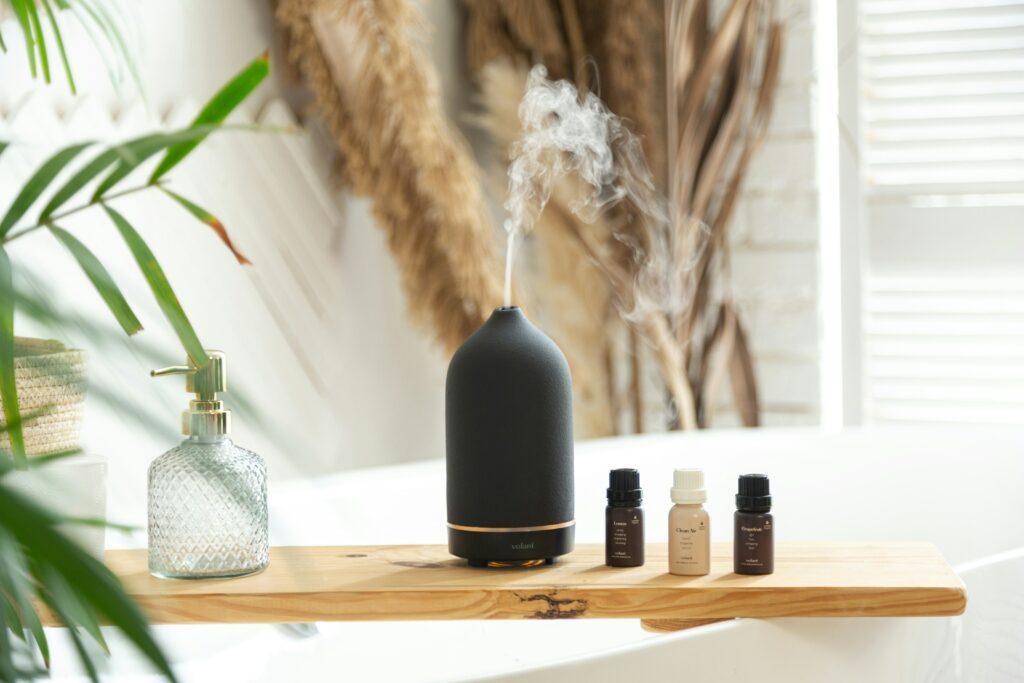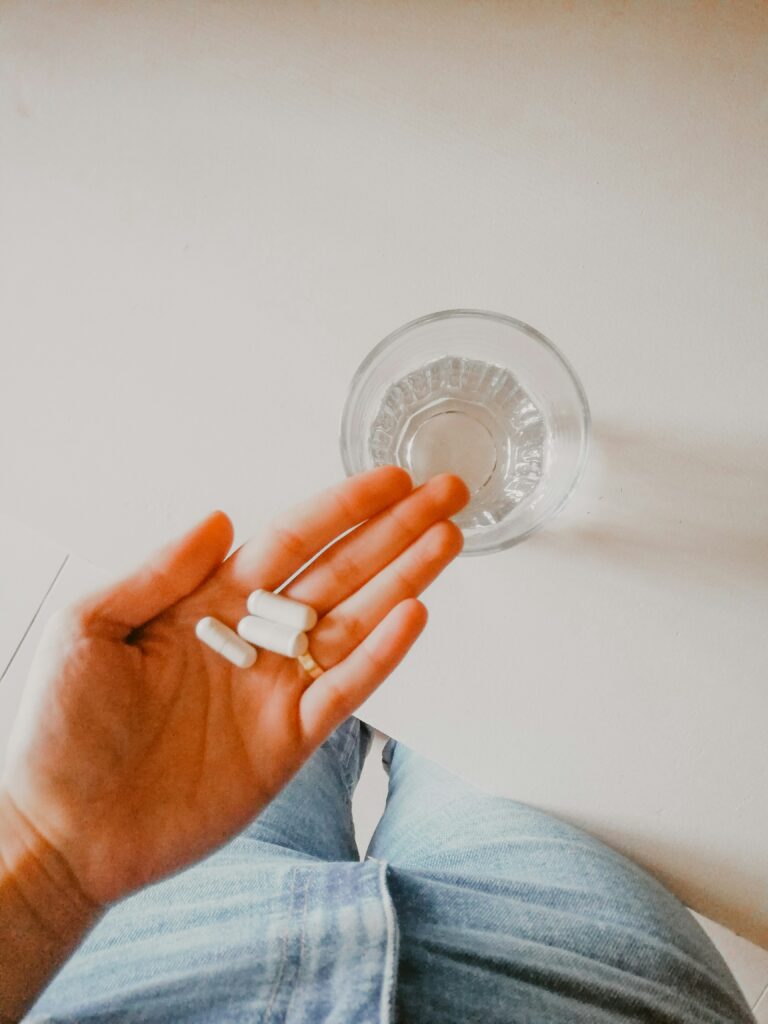Are you tired of tossing and turning all night, unable to fall asleep? Do you dread relying on pills or cumbersome CPAP machines to get some shut-eye? If so, you’re not alone. Insomnia affects millions of people worldwide, impacting their productivity, mood, and overall well-being. But fear not, because there are natural remedies for insomnia without resorting to medication or uncomfortable equipment. In this guide, we’ll explore the power of cranial nerves, stress reduction, exercise, nasal ballooning, and magnesium supplementation to promote restful sleep.

Understanding Cranial Nerves X and XII:
The proper function of cranial nerves ten (vagus nerve) and twelve (hypoglossal nerve) plays a crucial role in regulating sleep patterns. The vagus nerve, also known as the “wandering nerve,” controls the parasympathetic nervous system, which promotes relaxation and reduces stress. Stimulating the vagus nerve through techniques like deep breathing, meditation, or yoga can help induce a state of calm conducive to sleep.
On the other hand, the hypoglossal nerve controls the muscles of the tongue and throat. Dysfunction in this nerve can contribute to obstructive sleep apnea, a condition characterized by interrupted breathing during sleep. By incorporating exercises to strengthen the tongue and throat muscles, you can reduce the severity of sleep apnea symptoms and improve airflow during sleep.
Decreasing Stress and Increasing Exercise:
Chronic stress is a common culprit behind insomnia, as it can disrupt the body’s natural sleep-wake cycle and trigger hyperarousal. To combat stress, you can prioritize relaxation techniques like mindfulness meditation, progressive muscle relaxation, or aromatherapy before bedtime. Additionally, regular physical activity during the day can help tire your body out and promote deeper, more restorative sleep at night.


Nasal Ballooning to Expand the Airway:
Nasal congestion or obstruction can impede airflow and contribute to sleep disturbances. Nasal ballooning, a non-invasive technique that involves inflating a small balloon inside the nasal passages, can help widen the airway and improve nasal breathing. This simple procedure you can perform at home and has been shown to be effective in reducing snoring and enhancing sleep quality.

Addressing Low Magnesium Status:
Magnesium is a vital mineral involved in over 300 biochemical reactions in the body, including those that regulate sleep. Low magnesium levels have been linked to insomnia and restless sleep patterns. Incorporating magnesium-rich foods like leafy greens, nuts, seeds, and whole grains into your diet can help boost your magnesium intake. Additionally, you can take a magnesium supplement before bedtime may promote relaxation and improve sleep quality.
Conclusion:
In conclusion, overcoming insomnia without pills or cumbersome CPAP machines is possible through a holistic approach that addresses various factors contributing to sleep disturbances. By optimizing the function of cranial nerves, reducing stress, increasing physical activity, improving nasal airflow, and addressing nutritional deficiencies like low magnesium status, you can pave the way for restful and rejuvenating sleep. Incorporate these natural remedies into your daily routine, and say goodbye to sleepless nights for good.
Backlinks: